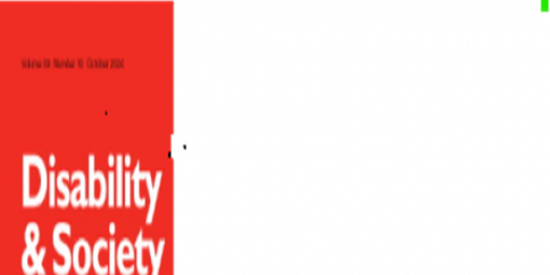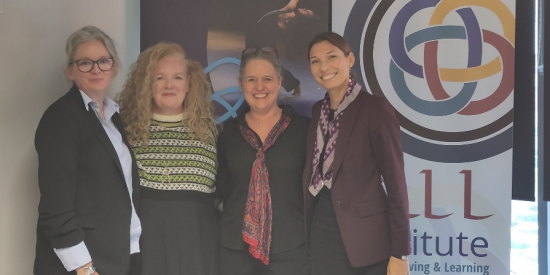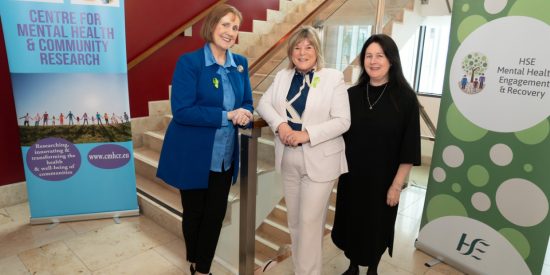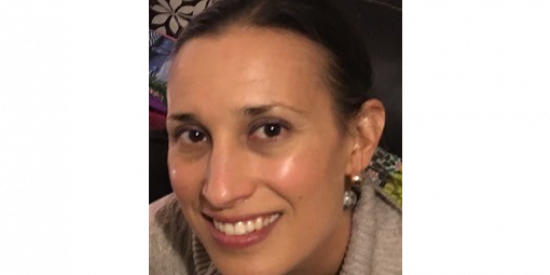
Full Citation
Malcolm MacLachlan, Joanne McVeigh, Tessy Huss, Hasheem Mannan. Macropsychology: Challenging and Changing Social Structures and Systems to Promote Social Inclusion. (2019) The SAGE Handbook of Applied Social Psychology, Pages 166, SAGE Publications Limited
Description of the Book
Applied social psychology seeks to develop a psychological understanding of practical social problems and to use this to intervene and ameliorate such problems (Schneider et al., 2017). We see our description of macropsychology as a particular style of applying social psychology and one that likely differs from many others in this volume. While much of our work thinks through an applied social psychology ethos (for instance, its theories and methods), it does not necessarily think of that ethos in its execution. In doing macropsychology, the praxis may often be infused with cognate theories and methods, including from outside psychology; not selected to enhance applied social psychology per se, but rather to make an intervention more likely to succeed in its own right. Many of the social problems that may be addressed at the macropsychology level are necessarily constituted of factors related to, but distinct from, an applied social psychology analysis. Within such an amalgam of theoretically inspired and systematically executed interventions at the macro level, applied social psychology has much to offer.
In 2006, the National Institutes of Health in the United States noted that ‘although behavioral and social sciences have contributed greatly to the understanding, prevention, and treatment of many of today’s pressing health problems, there is growing recognition that with improved methodologies, behavioral and social sciences could do more to address the complexity of these problems’. The research agency continued by describing what ‘more’might mean:‘Complexity results from the interaction of multiple factors… further compounded as the …










